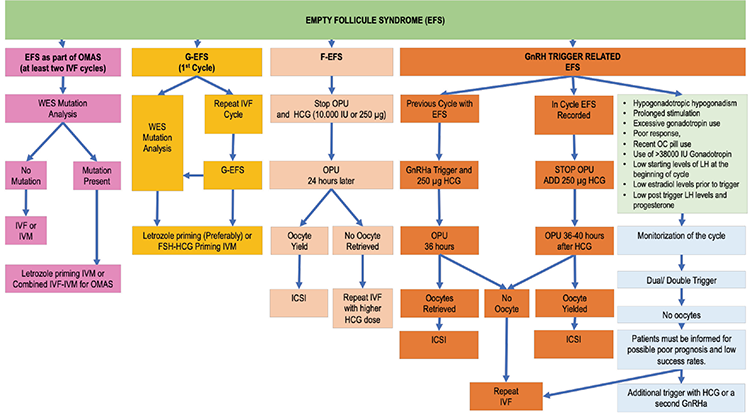
Introduction to IVF
In vitro fertilization (IVF) has become a pivotal method for couples experiencing infertility. As one of the most widely used assisted reproductive technologies, IVF allows for the possibility of conception when natural methods may fail. With increasing prevalence of infertility issues related to factors like age, lifestyle, and health conditions, understanding IVF’s role is crucial for those looking at family planning and reproductive health.
Recent Advances in IVF Technology
Recent advancements in IVF technology have significantly increased its success rates. According to the Canadian Fertility and Andrology Society, the success rates for IVF procedures vary based on age and underlying medical conditions, but overall, approximately 30% of cycles per embryo transfer result in a live birth. Innovations such as preimplantation genetic testing (PGT) allow for the screening of embryos for genetic abnormalities before implantation, thereby enhancing the chances of a successful pregnancy.
Moreover, research continues to explore the effects of ovarian stimulation protocols and the role of embryo culture conditions. These advancements signal a shift toward more personalized treatment plans tailored to individual health profiles, ultimately improving patient outcomes.
Impact of IVF on Society
IVF is not only a medical procedure but also a social phenomenon that has reshaped the family structure in Canada. The number of IVF cycles performed annually has been on the rise; statistics show that around 25,000 IVF cycles were conducted in Canada in recent years. This trend reflects a growing acceptance of assisted reproductive technologies, making fertility treatments more accessible to diverse populations, including LGBTQ+ couples and single parents by choice.
Conclusion and Future Outlook
As IVF technology continues to evolve, it is likely that we will see even higher success rates and more availability of services across Canada. This transformation has the potential to change the landscape of reproductive health, offering hope to many individuals and couples facing infertility challenges. Though IVF remains an emotionally and financially taxing journey for many, ongoing education and research into fertility treatments will empower individuals with knowledge and informed options in their reproductive journeys.



